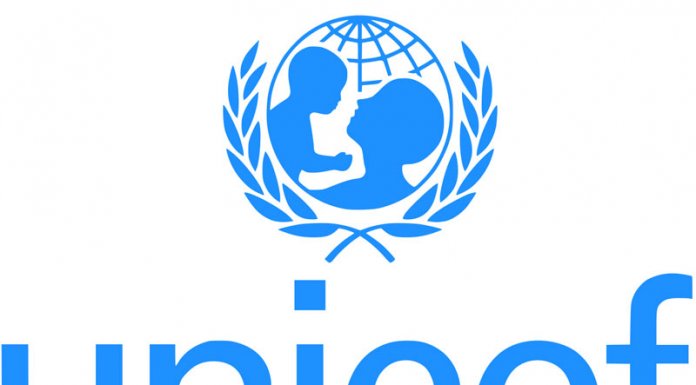The United Nations (UN) has called on Nigerian journalists, media persons and civil society groups to mobilise support for the bill for the prohibition of sexual harassment in tertiary institutions.
The Senate is currently holding a public hearing on the bill which
the Deputy Senate President Ovie Omo-Agege, reintroduced last year after the BBC aired an investigative documentary on sexual harassment in West African universities.
UN Women Country Representative in Nigeria and ECOWAS, Comfort Lamptey, made the call in Abuja on Thursday at the People Journalism Prize For Africa 2019, organised by Gatefield to honour undercover journalists, Fisayo Soyombo and Kiki Mordi, for their people-centred investigative stories.
Represented by the UN Communication Analyst, Mercedes Alfa, Ms Lamptey said ending violence against women and girls is a key priority area at UN Women.
“Women and girls are disproportionately subjected to violence, including femicide, sexual violence, intimate partner violence, trafficking and harmful practices.
READ ALSO: KADUNA SEXUAL ASSAULT CENTRES RECORD 662 CASES OF ABUSE AGAINST WOMEN, CHILDREN
“The major hindrances to understanding the scale of this problem include weak structures for reporting sexual harassment and violence in universities; extreme power imbalances between students and lecturers and stigma-culture that shames victims and survivors,” she said.
The UN country leader commended Ms Mordi for utilising “her voice and gifts to advocate for gender equality by bringing some of the pertinent issues affecting young women to the fore.”
Last October, Ms Mordi, a BBC journalist, filmed a documentary on sex-for-grade practices in some West African universities.
“In her groundbreaking documentary, Sex for Grades, Kiki helped give Nigerian women and girls who are survivors of sexual violence, a sense of justice.
“Violence against women and girls is one of the most widespread and pervasive human rights violations in our world today. One in three women worldwide have experienced physical or sexual violence,” she said.
In her acceptance speech, Ms Mordi said she would continue advocating gender equality and social justice.
Anti-sexual harassment bill
Mr Omo-Agege reintroduced the bill last year after Ms Mordi’s investigative documentary that exposed lecturers of Universities of Lagos and Ghana for sexual harassment.
Fully supported by gender advocates and civil society, the bill seeks to promote and protect ethical standards in tertiary institutions; to protect students against sexual harassment.
It proposes up to 14 years jail term for offenders.
However, it has recently garnered criticisms from members of the Academic Staff Union of Universities (ASUU) who described it as biased against them.
For the ASUU chairman, Biodun Ogunyemi, provisions of the bill indicated bias against lecturers. He said if it is passed, teachers would be discredited.
“By so doing, we shall also degrade the value and integrity of our certificate. Does ASUU supports sexual harassment? No. In 2016, we spoke along the same line.”
He said that the autonomy of universities should be respected and that the institutions have laws to handle such issues.







